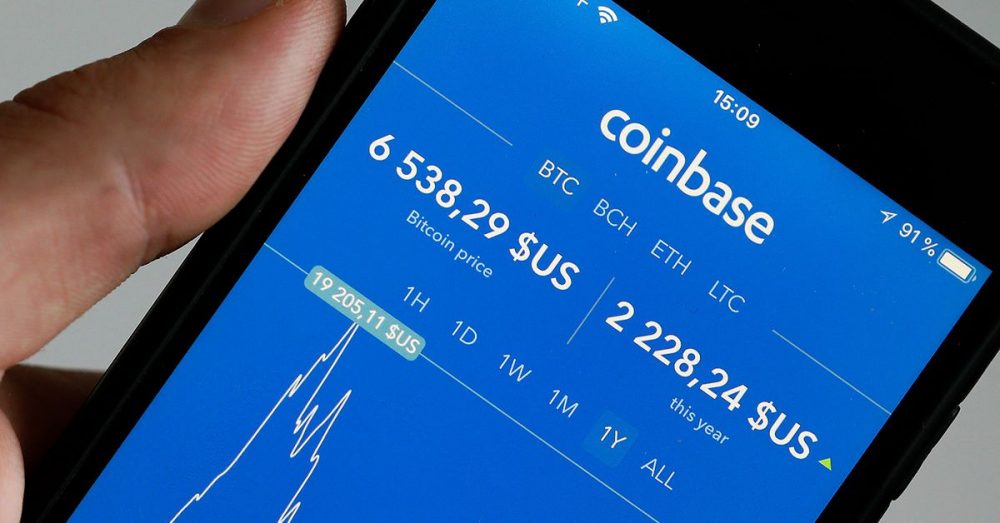The U.S. Securities and Exchange Commission settled charges with a former Coinbase (COIN) product manager and his brother tied to 2022 allegations of insider trading on certain cryptocurrencies listed by Coinbase, the regulator announced Tuesday.
The former product manager, Ishan Wahi, and his brother, Nikhil Wahi, were arrested last year on charges of wire fraud conspiracy and “wire fraud in connection with a scheme to commit insider trading.” On the same day, the SEC brought insider trading charges. In Tuesday’s announcement, the SEC said the two agreed to disgorge their gains and pay interest.
Both brothers pleaded guilty to the Department of Justice charges, with Ishan Wahi now facing a 2-year sentence and Nikhil Wahi serving a 10-month sentence. The SEC said that the brothers’ fines from their criminal case satisfy the civil case’s settlements, and it would not seek any other penalties.
In a statement, SEC Director of Enforcement Gurbir Grewal said the the alleged “conduct is not” new.
“We allege that Ishan and Nikhil Wahi, respectively, tipped and traded securities based on material nonpublic information, and that’s insider trading, pure and simple,” he said. “The federal securities laws do not exempt crypto asset securities from the prohibition against insider trading, nor does the SEC. I am grateful to the SEC staff for successfully working to resolve this matter.”
The settlement puts an end to to the court case which was set to answer the question of whether nine of the cryptocurrencies at the heart of the case were indeed securities, as the SEC has argued. In his initial response to the SEC case, Ishan Wahi argued that those tokens were not securities.
The SEC has argued that virtually all cryptocurrencies are securities, while the crypto industry maintains the position that they are not and want the SEC to publish formal guidance stating how a cryptocurrency would be deemed a security – guidance that SEC Chair Gary Gensler said is unnecessary.
In its suit against the Wahis, the SEC said tokens like AMP, RLY and XYO are securities, but it has not charged the issuers of these tokens – or even Coinbase, as the listing platform – with any alleged violations tied to those tokens.







